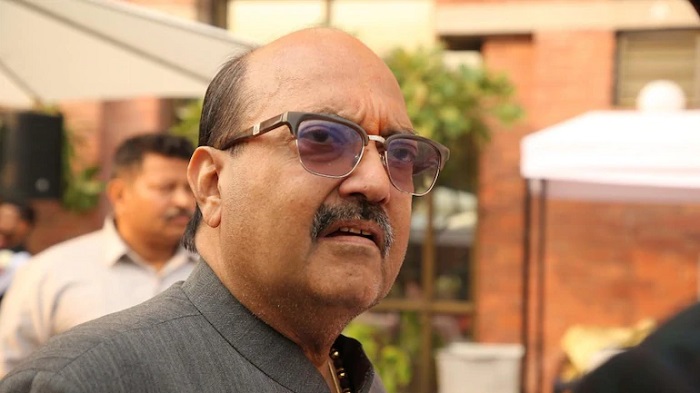New Delhi, Oct 13: The Supreme Court today refused to relax the ban on the sale of firecrackers in Delhi and the national capital region till October 31.
The apex court dismissed the plea of firecracker traders who had sought relaxation in the October 9 ban order and sought permission to sell crackers for at least a day or two before Diwali on October 19.
The top court also expressed pain over certain people trying to give its order a political colour, after advocate Prashant Bhushan, appearing for one of the parties, referred to certain statements made by some political leaders.
A bench of Justices A K Sikri and Ashok Bhushan said that relaxing the ban order "would be against the very spirit" of the verdict passed by the top court.
The bench also said that people would burst firecrackers which they have purchased before the October 9 order.
"We are not going to relax the order as far as sale of firecrackers is concerned," the bench said and directed the Delhi Police to implement the order.
"Sale of firecrackers which has already taken place before the ban order. People will burst it and that will be sufficient. Anyhow, it is not going to be a cracker-free Diwali," the court said.
At the outset, senior advocate Mukul Rohatgi, appearing for the firecracker traders, suggested to the bench that the sale of crackers should be allowed at least a day or two before Diwali.
He also suggested that the court could restrict the time for bursting firecrackers or its sale.
The traders had on October 11 said their licences were revived in pursuance of the court's order passed on September 12 and they had procured firecrackers for sale during Diwali.
They had told the top court that a huge amount of money has been invested by them after their licences were revived and the latest order would cause massive loss to them.
The apex court, while banning the sale of firecrackers till October 31, had said its September 12 order temporarily lifting the stay and permitting sale of firecrackers, would be made effective only from November one.
It had said its November 11, 2016 order suspending the licences "should be given one chance to test itself" to see if there is a positive effect of this, particularly during Diwali.






Comments
The destruction of the environment is not only limited to Deepavali. Think about many other celebrations. During Dussehra and Ganesh Puja, loudspeakers blare from morning to night. Large-scale disturbance and noise take place. Can’t we reduce this? The number of idols we immerse in water – don’t they cause pollution in the water bodies? We followed untouchability and Sati for years, but eventually banned them. Any rituals or traditions hurting any individual’s or group’s sentiments or affecting the environment should be stopped or limited. We must think of innovative ideas which will reduce the use of crackers.
Add new comment